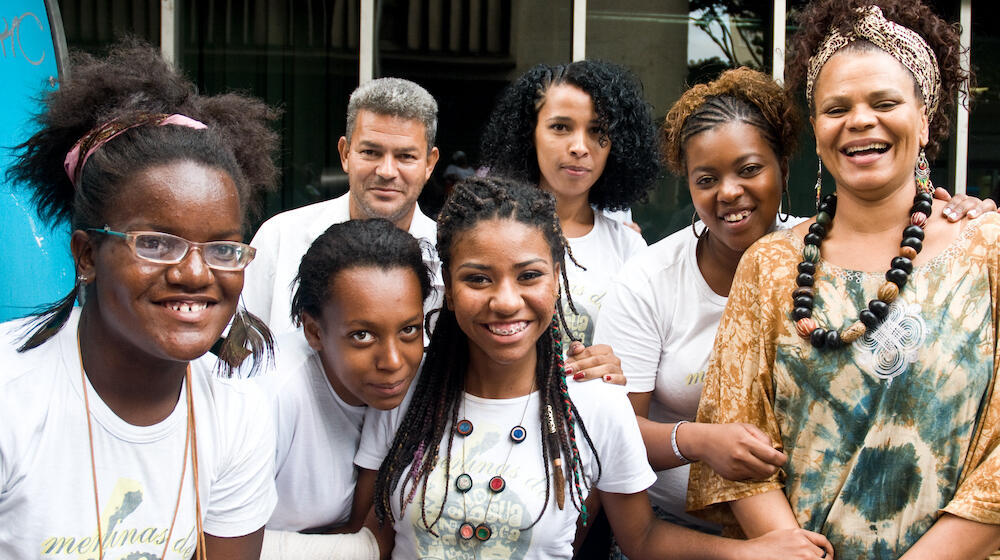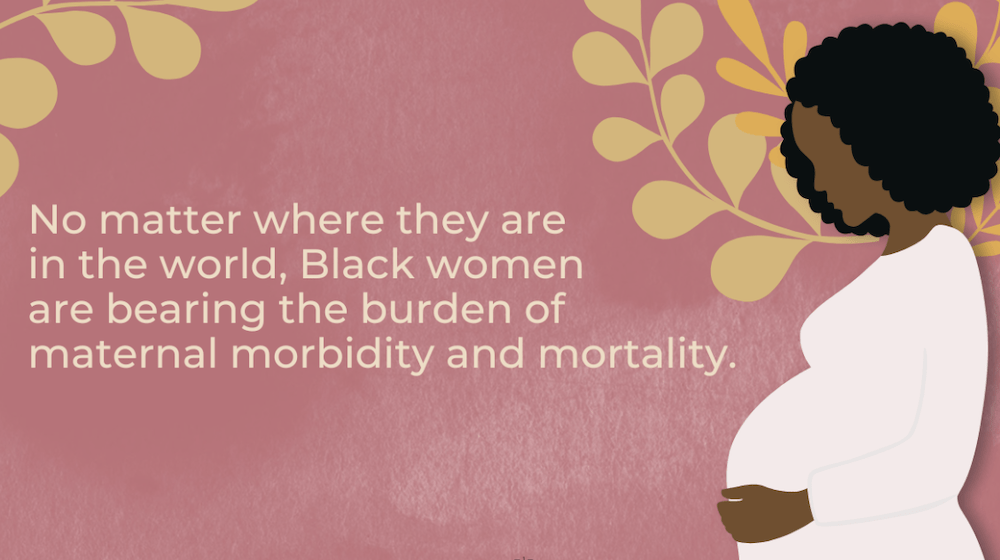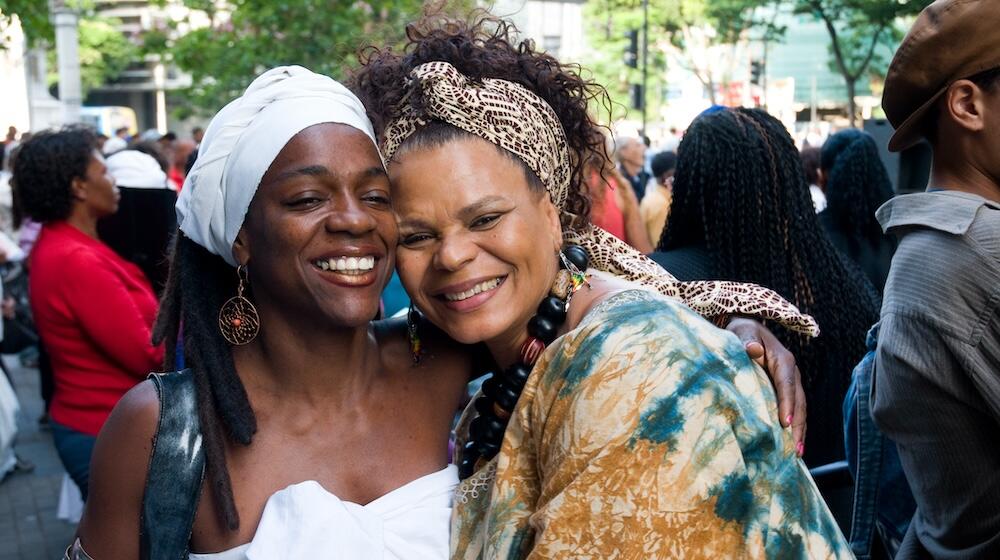“Women of African descent are part of an extraordinary legacy. They have led movements to end enslavement and uphold fundamental rights for themselves, and for their families and communities,” UNFPA Executive Director Dr. Natalia Kanem says. “Afrodescendent women have never given up the quest for equality, justice and recognition. They are tireless advocates because they live the reality of intersecting forms of discrimination. In demanding their inalienable rights, they are contributing to more just and inclusive societies.”
As we mark the third International Day for People of African Descent this year, we celebrate the extraordinary contributions of Afrodescendent women to the world – contributions that come in spite of the systemic racism that fuels violence and excludes people of African descent from services, land, housing, health care, education, work, political participation and justice.
Women and girls of African descent bear a double burden, as the intersection of racism and sexism compounds inequality, exclusion and injustice, including in crucial health systems. Afrodescendent women and girls are disproportionately affected by adolescent pregnancy and early motherhood and the associated poverty and health impacts; across the Americas, higher rates of maternal deaths among people of African descent point to patterns of abuse and neglect in medical education, policymaking and health-service delivery. The vast majority of these maternal deaths are preventable.
The mistreatment of Afrodescendent people in health settings reflects racist and slavery-era beliefs still present in medical curricula, as well as entrenched racial and gender discrimination. Indeed, intersecting histories of racism, oppression and discrimination leave communities of people of African descent struggling with inadequate services and infrastructure. They experience persistent disparities in education and employment and often live in areas with higher levels of pollution and vulnerability to climate change.
To unleash the full potential of Afrodescendent youth, especially young women, the systemic causes of marginalization must be addressed, including barriers to sexual and reproductive health.
Realizing the sexual and reproductive health and rights of Afrodescendent women and girls requires addressing structural racism, sexism and discrimination. Improved data are one priority – the lack of racially disaggregated data hides patterns of inequality around the world, undercutting efforts to prevent, combat and eradicate racism. Further, services to realize the right to health should reflect preferences defined by women and girls and should integrate intercultural health-care practices and respect for ancestral knowledge.
UNFPA is committed to improving health-service delivery and achieving recognition, justice and development for all people of African descent, especially women and girls.
Around the world, people of African descent are speaking out and leading collective action to end racism and the injustices it perpetuates. Ending racism will take every one of us, working together to change discriminatory social norms, practices and policies, to expand participation, to transform institutions and invest in communities – and to end inaction and impunity.




